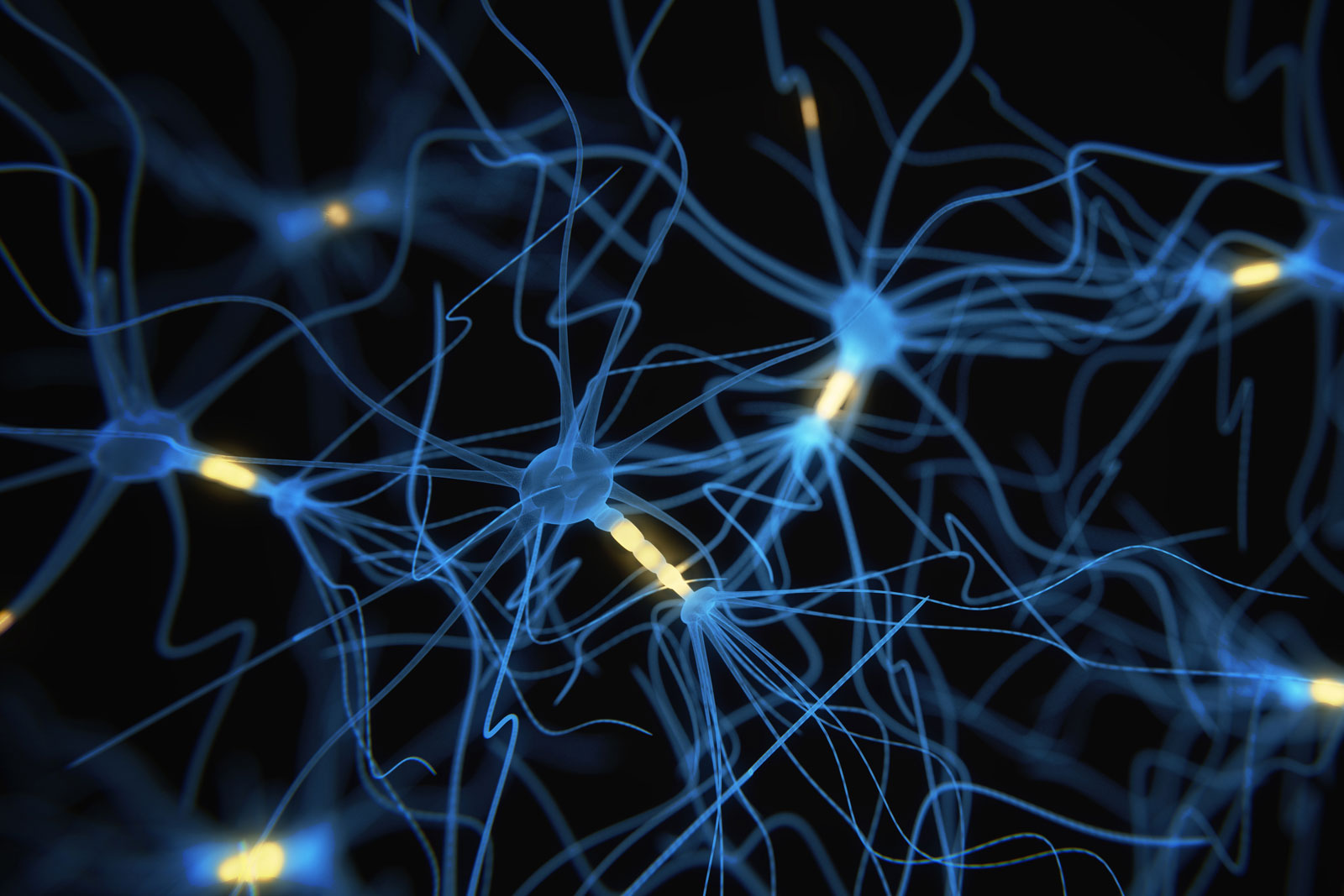

Researchers collaborate to prevent obesity, Alzheimer’s
In 2016, Texas Children’s researchers were involved in two high-profile research projects that could lead to the prevention of some of the world’s major health issues – obesity and Alzheimer’s disease.
Obesity
In October 2016, researchers from Texas Children’s Hospital, Baylor College of Medicine and the University of Texas Health Science Center in Houston published a study in Nature that may open the possibility of developing drugs to help treat obesity, a major health problem around the world, as well as other eating disorders.
The researchers found that a small group of brain cells moderates whether an individual is hungry or full. In mouse studies, when these cells are impaired, the animal eats constantly and becomes obese. On the other hand, when the cells enhance their activity, the mice eat little and lose weight.
“How the brain controls appetite has been mostly focused on the hypothalamus,” said senior author Dr. Benjamin Arenkiel, an investigator at the Jan and Dan Duncan Neurological Research Institute at Texas Children’s Hospital and an associate professor of molecular and human genetics and of neuroscience at Baylor.
The hypothalamus is a brain region involved in a variety of bodily functions, such as temperature regulation, control of food and water intake, sexual behavior and reproduction and mediation of emotional responses.
“In addition, acetylcholine, a modulator of brain activity, has been proposed to play a role in appetite control, but this role had not been explored until now,” said Arenkiel, who is also a McNair Scholar at Baylor.
Arenkiel and colleagues studied the basal forebrain, which has brain cells that produce acetylcholine. To determine whether acetylcholine helps control the appetite in mice, the researchers made genetic modifications that killed only the cells in the basal forebrain that produce acetylcholine.
“Without acetylcholine, the mice seem hungry all the time – they are insatiable,” Arenkiel said. “If you limit the amount of food, they will lose weight the same as mice with acetylcholine in their basal forebrain.”
When the researchers increased the production of acetylcholine in the basal forebrain in normal mice, the animals seemed to have lost their appetite.
“They won’t starve themselves,” Arenkiel said. “They will be almost anorexic. We think acetylcholine-producing cells in the basal forebrain are regulating the satiety cues in the brain.”
Alzheimer’s disease
A new study published in the October 2016 issue of Neuron shared the work of researchers who found that taking a pill to prevent the accumulation of toxic molecules in the brain might someday help prevent or delay Alzheimer’s disease.
According to researchers at Texas Children’s Hospital, Baylor College of Medicine and Johns Hopkins University School of Medicine, the study took a three-pronged approach to help subdue early events that occur in the brain long before symptoms of Alzheimer’s disease are evident.
“Common diseases like Parkinson’s, Alzheimer’s and dementia are caused in part by abnormal accumulation of certain proteins in the brain,” said senior author Dr. Huda Zoghbi, director of the Jan and Duncan Neurological Research Institute at Texas Children’s. “Some proteins become toxic when they accumulate and they make the brain vulnerable to degeneration.”
Tau is one of those proteins involved in Alzheimer’s disease and dementia. When tau accumulates as the person ages, it increases the vulnerability of the brain to developing Alzheimer’s.
“Scientists in the field have been focusing mostly on the final stages of Alzheimer’s disease,” said first author Dr. Cristian Lasagna-Reeves, postdoctoral fellow in the Zoghbi lab. “Here we tried to find clues about what is happening at the very early stages of the illness, before clinical irreversible symptoms appear, with the intention of preventing or reducing those early events that lead to devastating changes in the brain decades later.”
To find out which enzymes affected tau accumulation, the scientists inhibited about 600 enzymes called kinases one by one and found one, called Nuak1, whose inhibition resulted in reduced levels of tau.
By confirming this discovery in three different experiments – in fruit flies, mice and human cells – the researchers said the next step is to develop drugs that will block the production of Nuak1.
“If we can find drugs that can keep tau at levels that are not toxic for the brain, we would be able to prevent or delay the development of Alzheimer’s and other diseases caused in part by toxic tau accumulation,” Zoghbi said.
For more information about the Jan and Duncan Neurological Research Institute at Texas Children’s, click here.
